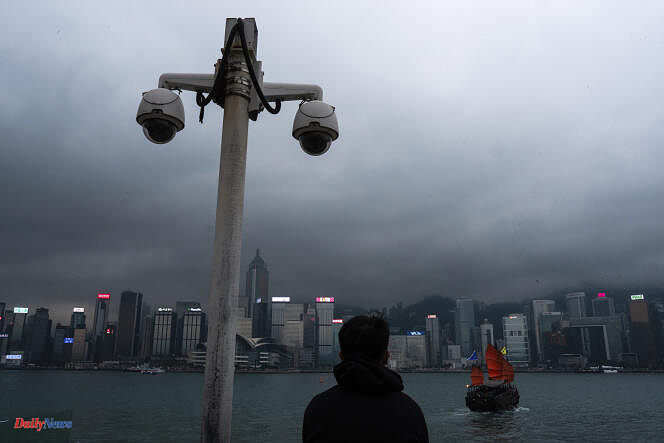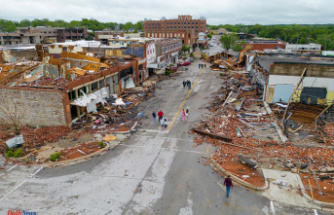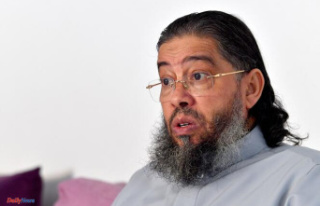The American radio station Radio Free Asia (RFA) announced on Friday March 29 that it had closed its office in Hong Kong due to the entry into force of a new national security law, saying it feared for the safety of its journalists. The media outlet no longer has permanent employees in Hong Kong, its president, Bay Fang, said in a statement, citing “concerns about the safety of staff members and journalists.”
This is the first foreign media to announce a closure in Hong Kong since this legislation came into force on Saturday, denounced by democratic activists and which alarmed several Western countries. This text, which supplements the national security law imposed by Beijing in 2020 after major pro-democracy demonstrations in Hong Kong, notably provides for life sentences for offenses such as treason and insurrection. “The actions of the Hong Kong authorities, and in particular the classification of RFA as a “foreign force”, raise serious questions about our ability to operate safely after the promulgation” of this law, declared the director.
“Foreign force”
Asked about this announcement, a government spokesperson did not wish to comment to Agence France-Presse on "the operational decisions made by private organizations", while criticizing "alarmist and defamatory remarks" relating to the new law.
Funded by the American Congress, Radio Free Asia, whose headquarters is in Washington, was recently under fire from the Hong Kong authorities, in this former British colony returned to China in 1997. “The closure of the RFA office in Hong Kong , after twenty-eight years, is a brutal reminder of how Beijing brazenly ended Hong Kong's autonomy,” Democratic Rep. Gregory Meeks, member of the House Foreign Affairs Committee, responded on Friday. representatives.
Last month, a senior Hong Kong official accused RFA of “smearing” the national security law, denouncing lies peddled by “foreign forces”. The United States, the United Kingdom, the European Union as well as the business community and human rights defenders have expressed their concern about the entry into force of this law, saying they fear that it will further restrict more freedoms in Hong Kong.












